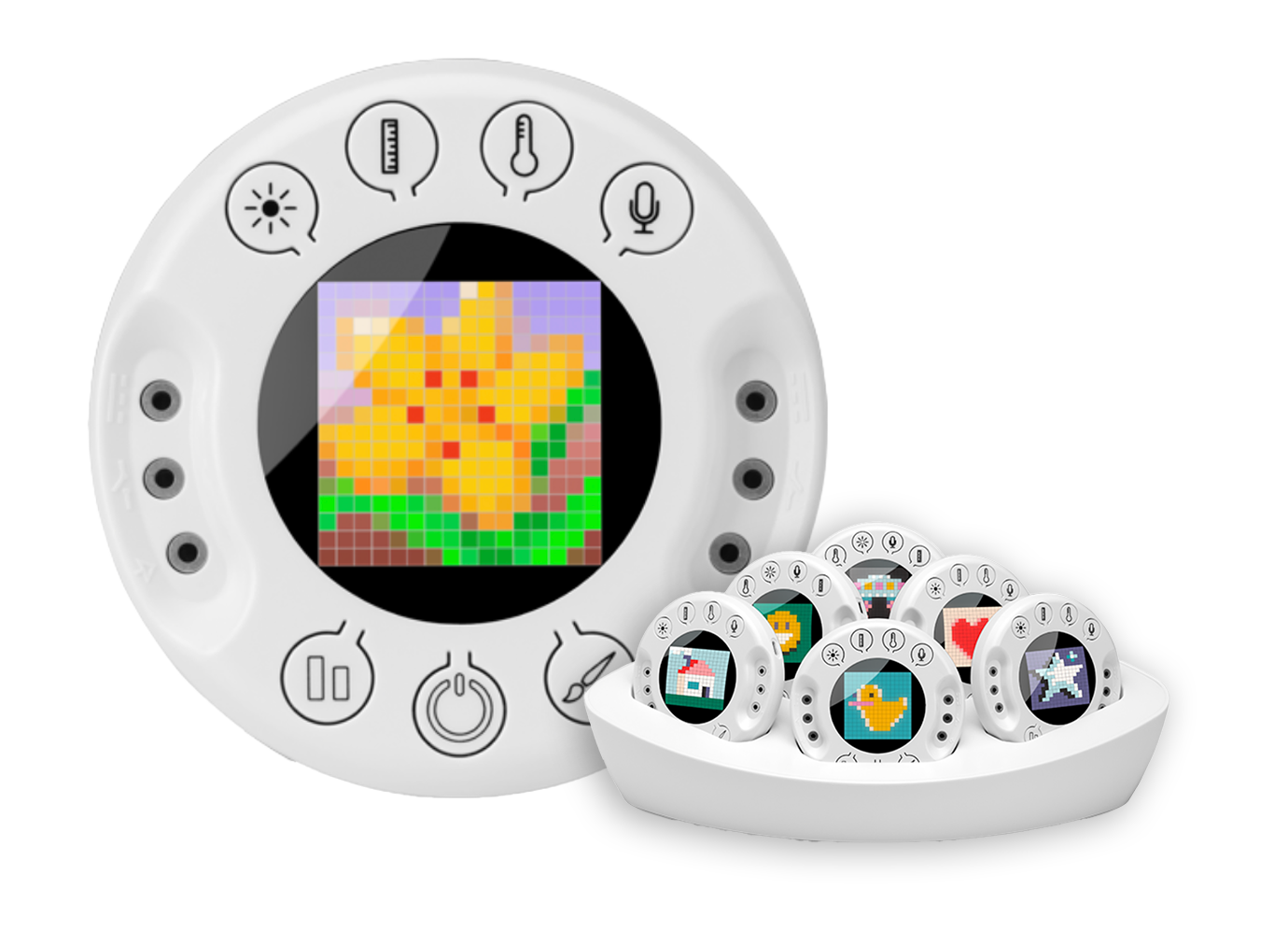Share and Share Alike
In 2005, Corpus Christi Independent School District (CCISD) met its Adequate Yearly Progress targets under No Child Left Behind for the third year in a row. All but one of the district's 61 schools was rated "academically acceptable" or better, and more than one quarter achieved a ranking of "recognized" or "exemplary."
Homegrown Lessons
CCISD's excellent performance is credited to its laser-like focus on continuous improvement. A key component of this process has been the district's new curriculum and assessment management system from SchoolNet, which, among other things, lets teachers deliver online testing, view diagnostic data, and access relevant lessons.
These aren't any old third-party lessons, though. They come straight from one the district's most valuable resources: the teachers themselves.
In fact, Corpus Christi's staff have authored and banked more than 8,000 lessons and instructional units via SchoolNet's online teacher collaboration tool. The lessons are initially stored for personal use but can be published district-wide after a rigorous peer review process. To encourage participation, CCISD is rolling out an incentive program through which teachers are paid $38 for each exemplary lesson that makes it to publication phase. The incentives are funded through the district's curriculum and professional development budgets.
As the system is populated with lessons, teachers can search the database by grade, subject, standard, and topic. A middle school life science teacher preparing a unit on homeostasis, for example, could look for lessons focused on the respiratory, circulatory, or endocrine systems. In addition, the teacher could review similar lessons from high school biology classes and elementary science to ensure appropriate articulation and alignment among the content of the courses.
One major challenge was agreeing on a universal lesson plan format. Not wanting to leave anything to chance, Katherine Conoly, CCISD's executive director for instructional support, convened a group of 45 teachers representing all subject areas and levels to study best practices of lesson planning. After several weeks of discussion, the group developed the lesson template that all teachers in the district currently use.
Tech & Learning Newsletter
Tools and ideas to transform education. Sign up below.
"This initiative will be sustainable when it is such a part of teachers' daily routines that they cannot live without it," says Conoly, who cites professional development as one way the district is building momentum for the program.
Sharing is Caring
Fifth grade teacher Elizabeth Crowe is all about Sunshine Connections, Florida's new online system designed to help teachers be more intentional and responsive about planning instruction.
"This is unlike any other new program we have ever seen. Teachers know more about students than ever and are more focused with their instruction," says Crowe, who works at the Patronis Elementary School in Bay County, Florida and was part of a focus group of teachers that advised the developers of Sunshine Connections. The system, built by the Florida Department of Education and Microsoft's Partners in Learning, offers teachers interactive access to classroom management tools, student performance data, collaboration systems, curricular materials, and professional development.
A major objective of the initiative is to improve sharing of best practices across Florida's schools. To that end, the system lets teachers swap lessons and units through an online portal. For example, a new third grade teacher working for the first time with a class that includes English language learners can use Sunshine Connections to search for differentiated reading lessons published by seasoned third grade teachers.
"I can search for a teacher that teaches the same grade level as me in a similar type school," says Crowe about her experience with the portal. "We can share lesson plans, and I can then ask for help on specific problems that perhaps only a few people in the state face on a regular basis."
Sunshine Connections was developed using pilot groups situated across Florida. Throughout product development, software developers presented a version of the system to district-level focus groups that identified, defined, and prioritized core functions. Each group's input was analyzed and summarized, and the functions deemed most important to the system were given priority. This approach has engendered positive feedback from pilot teachers. "This partnership has been completely focused on meeting the needs of teachers, including giving us the ability to access the system from any technology," says Crowe.
The current phase of Sunshine Connections includes four counties in Florida. By 2009, the system will be available to more than 200,000 teachers statewide. The partnership between Florida and Microsoft's Partners in Learning is intended to serve as a model that can be replicated in districts and states across the nation and potentially across the globe.
Todd McIntire is a vice president at Edison Schools.
Lessons Learned
Corpus Christi's and Florida's strategies for success.
- Take every measure possible to build commitment to the initiative by involving stakeholders in all stages of development.
- Make the system an indispensable component of teachers' daily routines by offering functionality that is responsive to the personal needs and values of users.
- Use open-standard tools available to all major technology platforms.
- Build capacity within each school to provide support, train new users, retrain existing users, and promote the benefits of sharing methods and materials.
